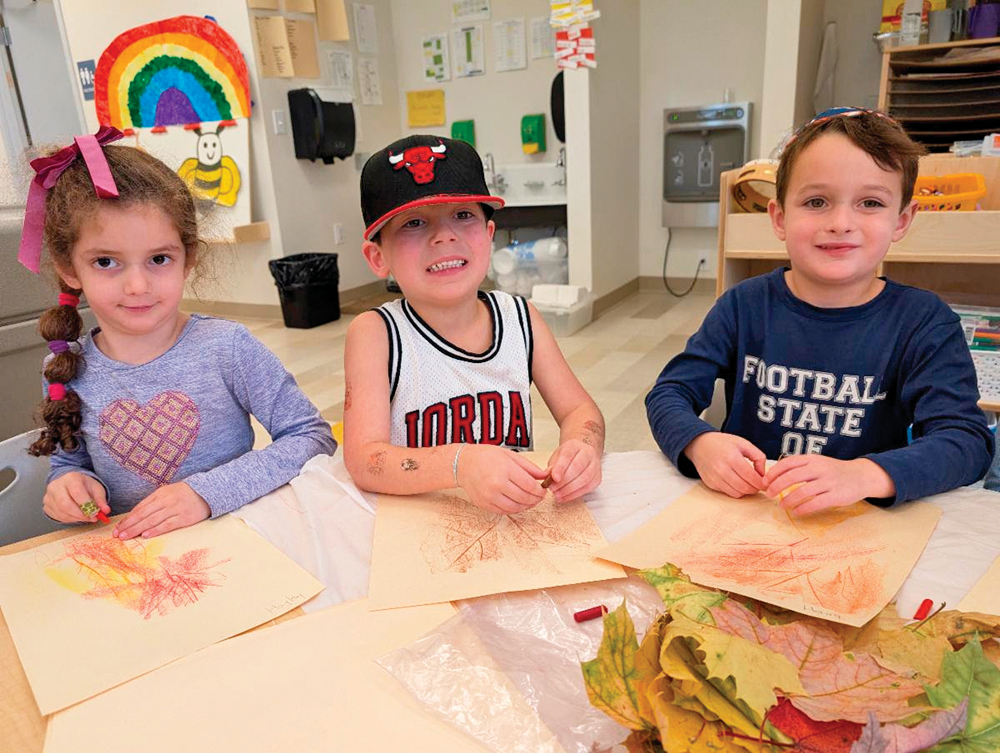We have two brachot d’orayta—two explicit commands from the written Torah to make a blessing, after one finishes a meal and before learning Torah. The Torah commands us, “Veachalta vesavata uverachta et Hashem Elokecha,” (Devarim 8:10). This is the scriptural source for the blessing made after eating. However, the blessing before eating food is learned by extrapolation; if one makes a blessing and thanks Hashem after enjoying food, certainly one should acknowledge Hashem beforehand as well. In contrast, the blessing before learning Torah is derived from the scriptural verse, “Ki shem Hashem ekra, havu godel leElokeinu,” (Devarim 32:3), and the blessing after learning is deduced by extrapolation. What is the significance of this difference? Why in one instance is the scriptural source for the blessing made after the mitzvah and the other before?
Rav Scheinerman in Ohel Moshe cites the following idea. It is self-understood that when a person is hungry, he will express appreciation and thank Hashem for the food He provides. It is much easier to forget the source of goodness once he is satisfied, hence the Torah’s directive: “When you eat and are satisfied, you must therefore bless Hashem,” (Devarim 8:10). One must be mindful not to adopt the attitude of Eisav who “ate, drank, got up and left,” (Bereishit 25:34).
In truth, the experience of thanking Hashem after eating can be truly transformative. The Chidushei Harim quotes the Kotzker Rebbe, who was amazed that people do not grow in yirat shamayim each time they bensch. After all—according to the midrash—Avraham Avinu brought people closer to Hashem by encouraging them to thank the One who provided them with food. Clearly, this realization of Hashem’s beneficence should impact us anew each time we bensch. The obvious power of Birkat Hamazon helps us understand the suggestion of the Rishonim that one can fulfill the obligation to have divrei Torah at a meal simply by reciting Birkat Hamazon. The Chidushei Harim further comments that if one is going to realize Hashem’s greatness and grow closer to Him through Birkat Hamazon, there is truly no greater expression of Torah.
However, since most of us tend to say the words in a perfunctory manner, we need to elevate our meals with words of Torah and inspiration. He adds that not only should saying Birkat Hamazon elevate us but the experience of eating itself should have this effect. Yeshayahu HaNavi proclaims, “an ox knows its master, and a donkey its owner’s manger,” (Yeshayahu 1:3). If an animal can recognize its owner through the provision of food, how much more so should a human being be inspired by this awareness.
Rav Scheinerman in Ohel Moshe discusses the apparent disparity between the above situations. After one learns Torah and has experienced its sweetness, it is obvious that thanking Hashem would be natural. It is only before one begins learning that he needs prompting to say a bracha, since he is not yet familiar with the special quality of Torah wisdom.
It behooves us to savor both our Torah learning and physical food as opportunities to connect with special closeness to Hashem. Let us allow our blessings to reflect this profound reality.
Shira Smiles, a lecturer, author and curriculum developer, is a member of the Mizrachi Speakers Bureau (www.mizrachi.org/speakers). The RZA-Mizrachi is a broad Religious Zionist organization without a particular political affiliation.













